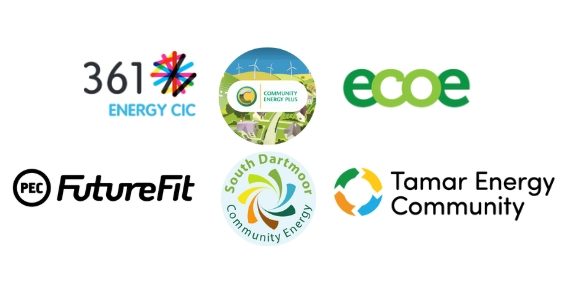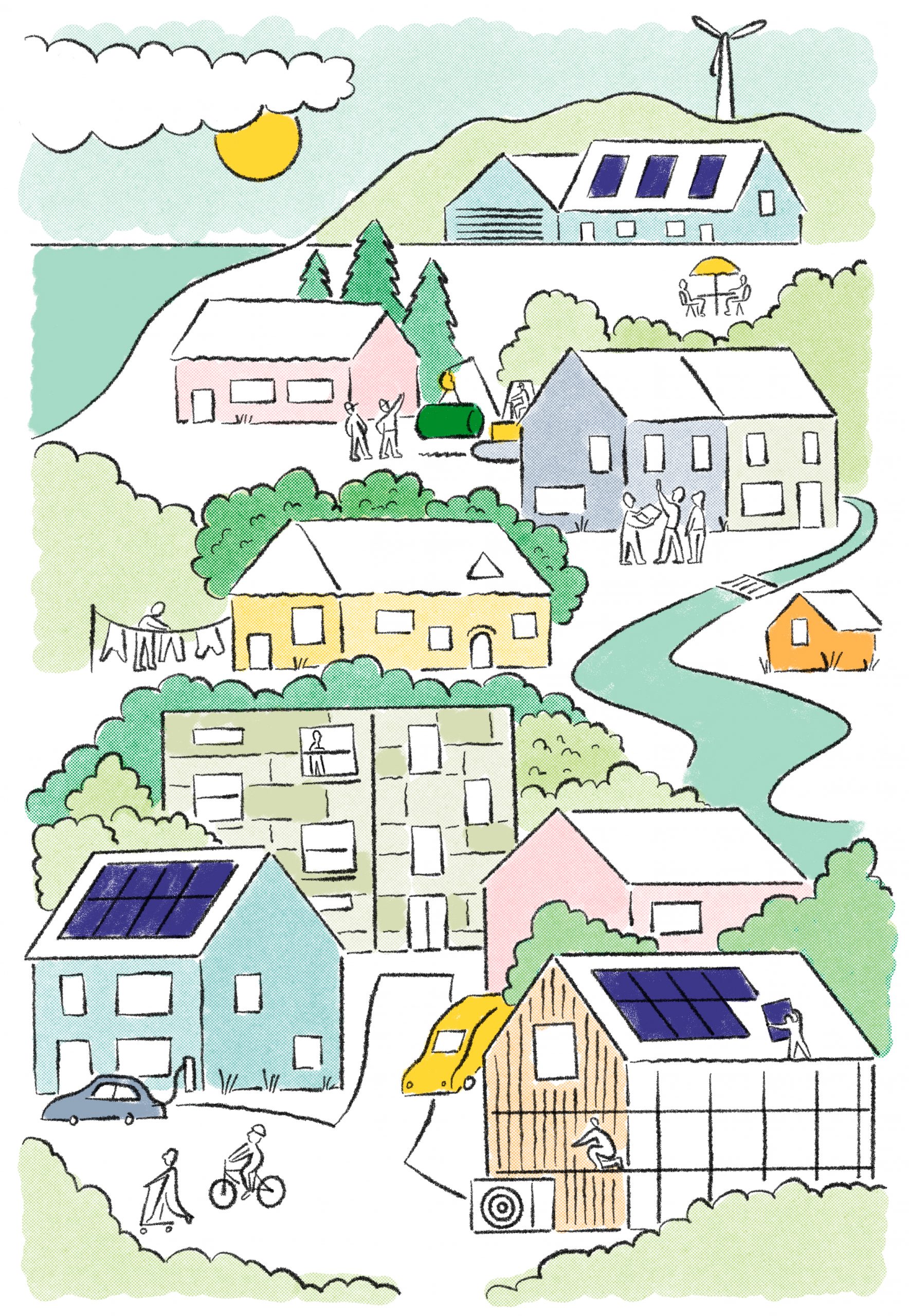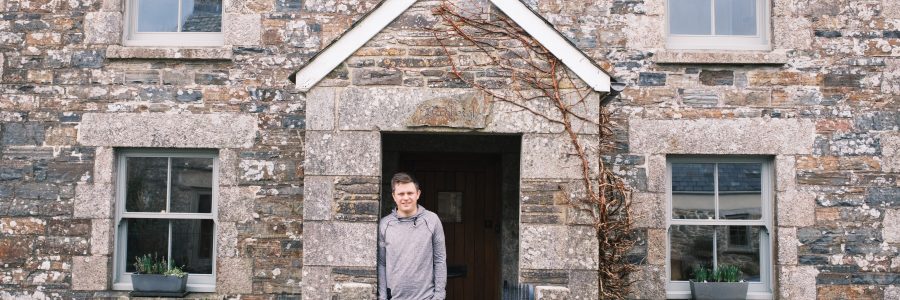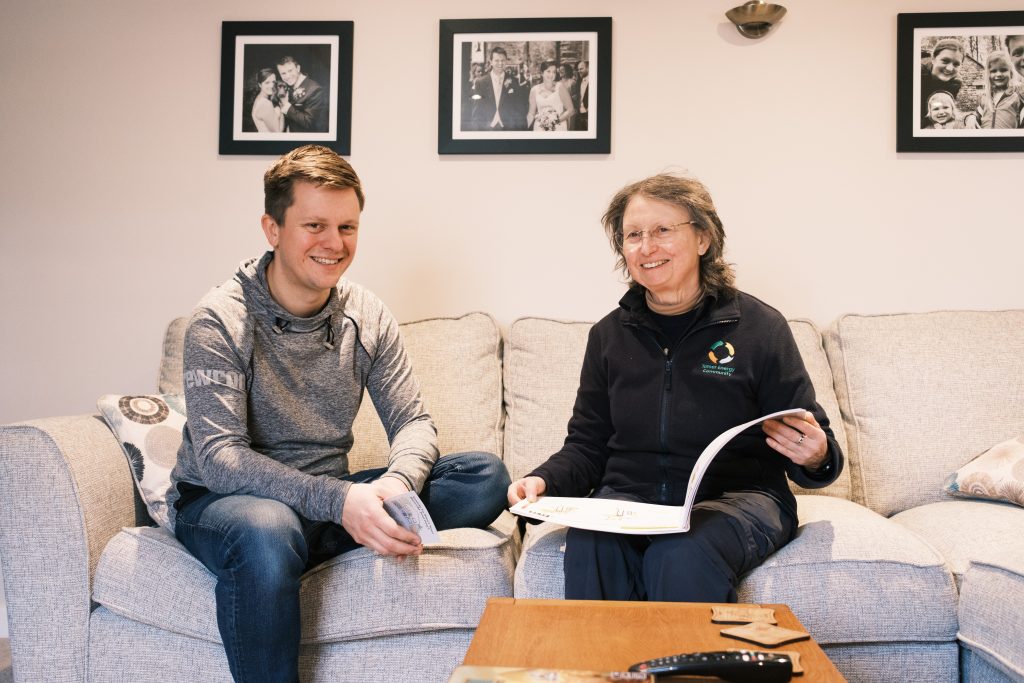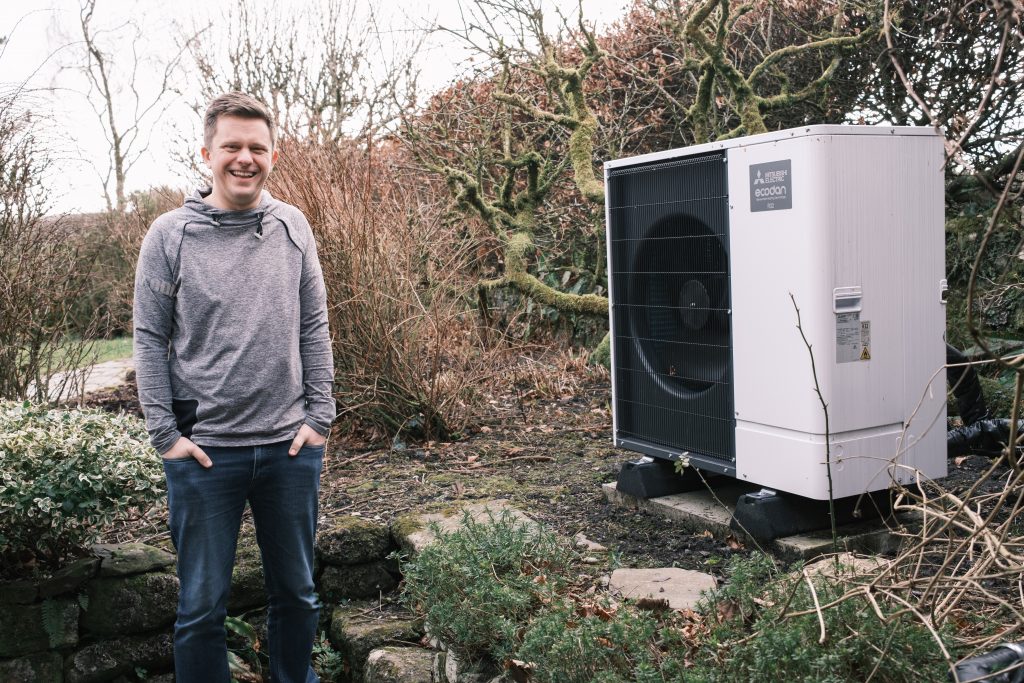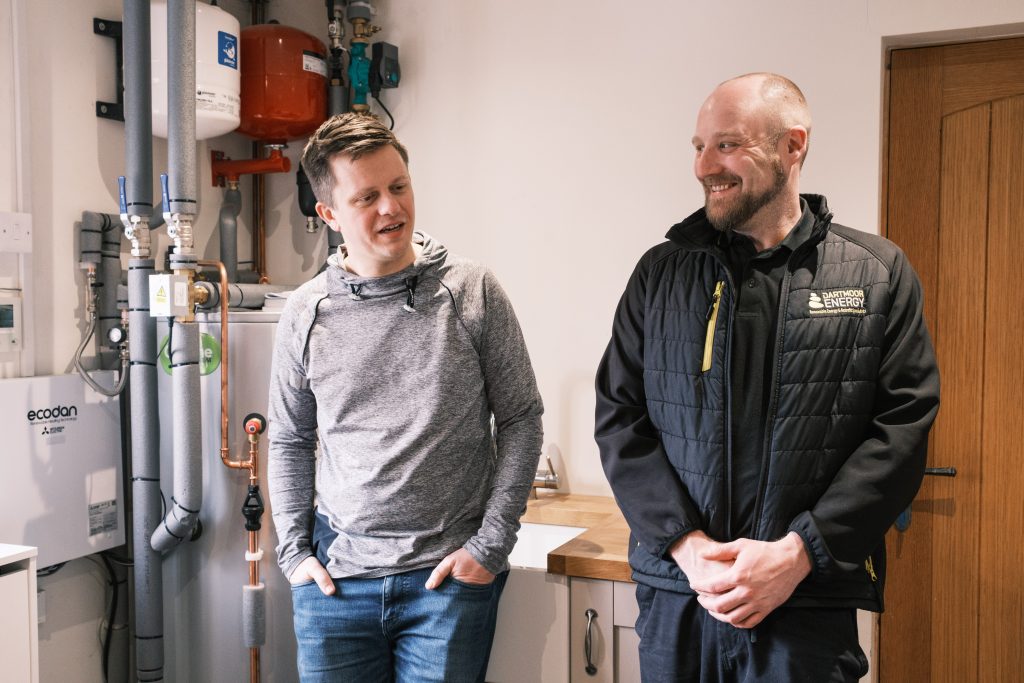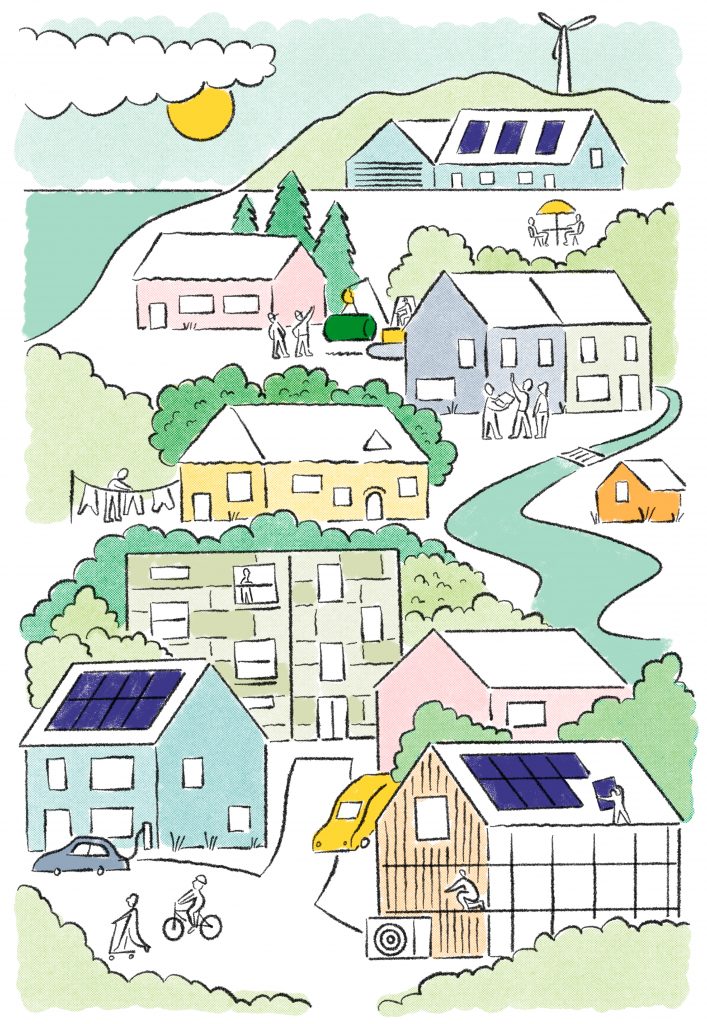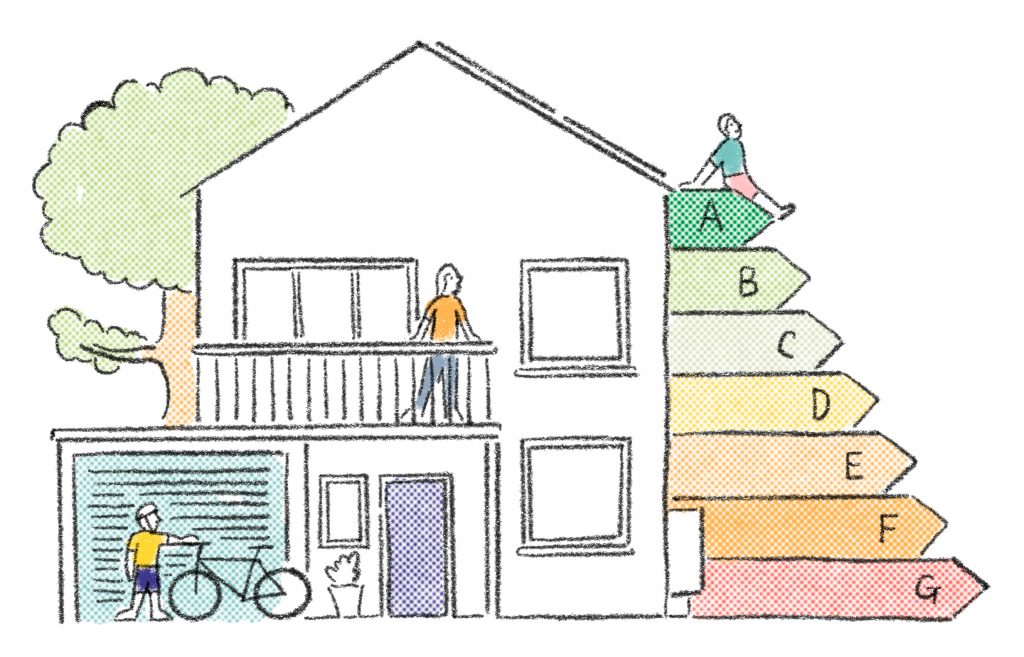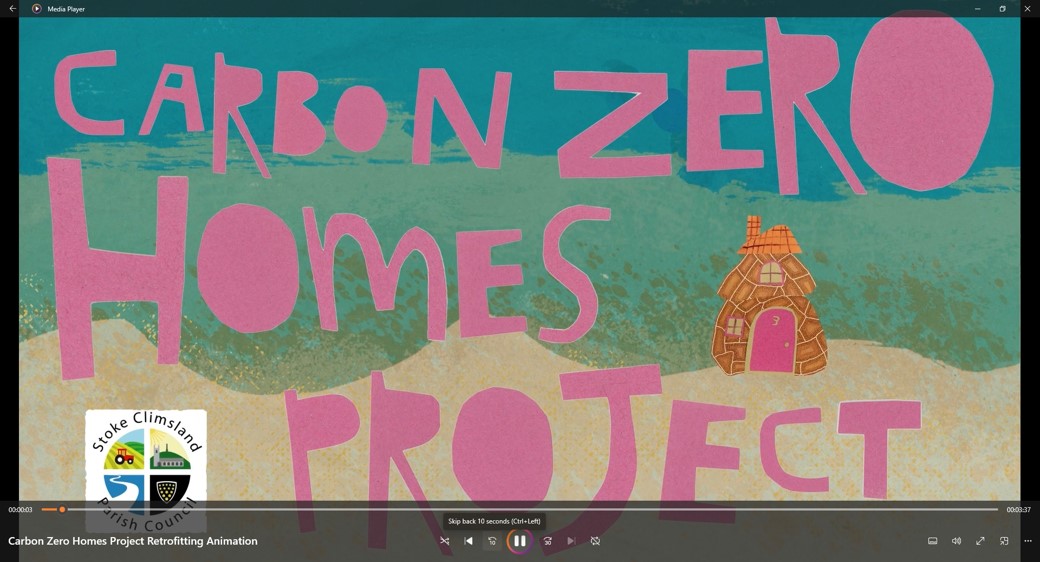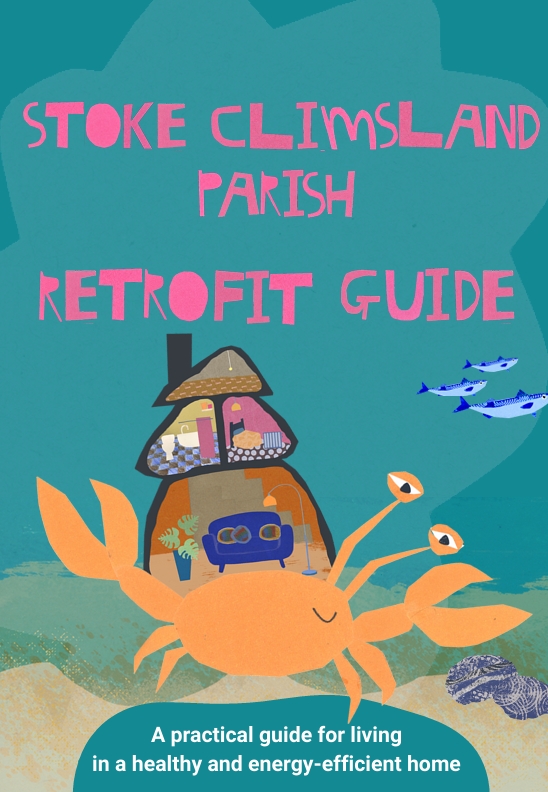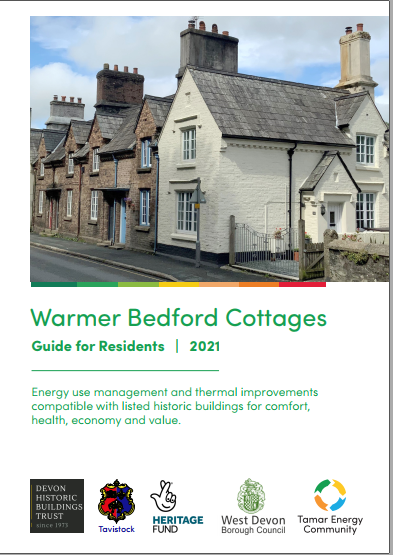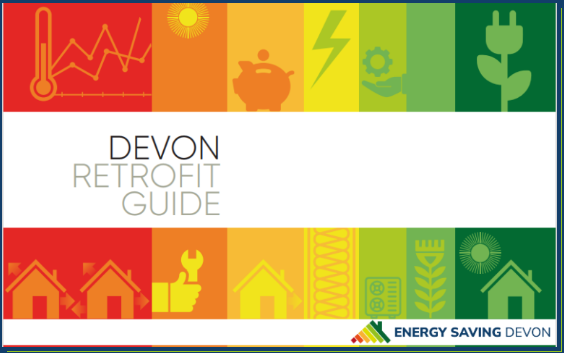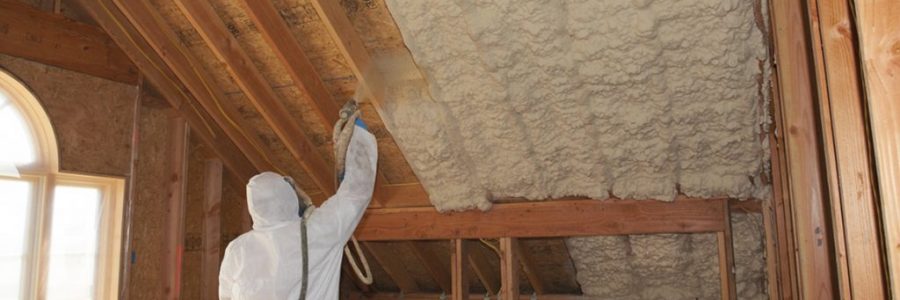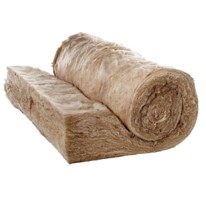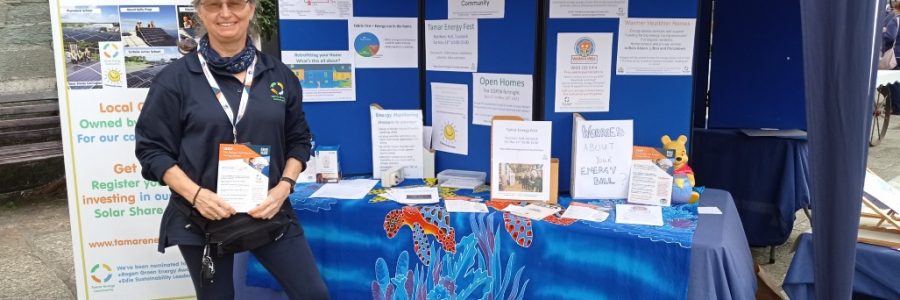Pete had purchased a 1970s bungalow about 5 years ago that had seen better days. The property was cold, and its outdated gas boiler was both noisy and inefficient. With a growing need for more space and a strong family awareness of environmental issues, Pete set out to upgrade the home. But he quickly realised that navigating retrofit options was anything but straightforward.
Finding Trusted Advice
Conflicting opinions online and sales-driven pitches from commercial installers left Pete confused. He wasn’t looking for just another quote; he needed the full picture. That’s when he spotted an advert for a local talk hosted by, South Dartmoor Community Energy (SDCE) with whom we work closely and decided to attend.
Pete realised he didn’t have to figure it all out alone. He received a free and impartial retrofit advice visit from one of SDCE’s home energy advisors. They provided Pete with expert guidance on how to improve his home’s energy efficiency. Their advice helped clarify the retrofit process and provided both reassurance and practical direction.
A Bespoke Plan
SDCE referred Pete to Dartmoor Energy, a trusted retrofit specialist we work closely alongside. Using the property’s architectural plans, they carried out full room-by-room heat loss calculations and designed a bespoke whole-house plan for the property.
This included an air-source heat pump system linking in with underfloor heating, good levels of insulation throughout the property and solar roof tiles, carefully planned around the larger dormer extension to maximise available space.
Home Comfort
The result was a whole house retrofit built with precision. Pete now enjoys reliable warm indoor temperatures, lower running costs, and reduced CO₂ emissions. Even in winter, the home generates enough solar energy to power the system, eliminating the need to buy fossil fuels. Beyond improving day-to-day comfort, the transformation has inspired Pete’s friends to begin exploring their own retrofit journeys.
Pete’s Advice
“Get the right advice from the right people. By that, I mean community energy organisations like South Dartmoor Community Energy, people who aren’t trying to sell you something. Then go out and find what you need to deliver that system.”
Ready to Start Your Retrofit Journey?
If you’re thinking about improving your home’s energy efficiency or just need some guidance along the way, we’re here to help. Explore Retrofit Made Easy to see how we can support you from start to finish.
Want to see what’s possible? Discover a TEC client’s inspiring retrofit journey here and learn how expert advice and support made all the difference.



